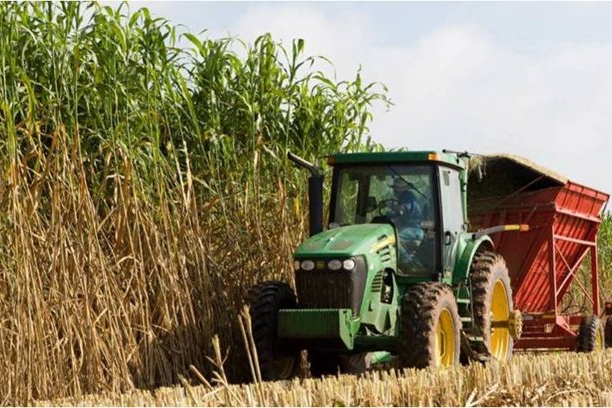
Researchers produce sustainable bioplastics from agricultural by-products
YarnsandFibers News Bureau 2021-07-07 08:14:09 – NoneResearchers at Texas A&M University's College of Agriculture are working on a cost-effective and ecologically friendly method of generating bioplastics and bio fibers from the byproducts of sorghum, corn stubble, grasses, and mesquite agriculture production.
Joshua Yuan, professor and head of synthetic biology and renewable products at Texas A&M University, said that their new approach incorporates a "plug-in" preconditioning procedure — a simple change for biofuel refineries. This enables the development of more sustainable and cost-effective lignin, which is a fundamental component of bioplastics. Their method adapts five existing pretreatment methods in order to generate biofuel and polymers together at a reduced cost.
The US Department of Energy's Energy Efficiency and Renewable Energy Bioenergy Technologies Office is funding the $2.4 million project, which builds on past research into improved lignin extraction technologies.
According to the researchers. the PIPOL (plug-in preconditioning procedures of lignin) method, may be introduced immediately to present biorefineries and does not cost-prohibitive. It's built to dissolving, conditioning, and fermenting lignin, converting it to energy, and making it easy to include into biorefinery designs.
Yuan said that innovation is the key to attaining development and more widespread usage of biodegradable plastics. The commercialization of lignocellulosic biorefineries is hampered by a lack of value-added biomass products, a lack of lignin usage for fungible products, and overall low-value output with ethanol as the primary product. This latest discovery will go a long way toward resolving some of these issues.
AgriLife Research and the College of Agriculture and Life Sciences are both dedicated to finding scientific answers to environmental challenges. Sustainable goods like mesquite and high-tonnage sorghum may already be utilized as raw materials for biofuel manufacturing, according to their research.
Yuan added that they produce approximately 300 million tonnes of plastics each year, and replacing them with biodegradable plastics is important. This research paves the way for the manufacturing of bioplastics from agricultural waste such as maize and other grasses, as well as wood. They believe it will benefit the biorefinery and polymer sectors by allowing them to achieve better efficiency and economic opportunities.
Market Intelligence
Ask for free sample Report

experience
Customer Base
dedicated team
Countries Served Worldwide









